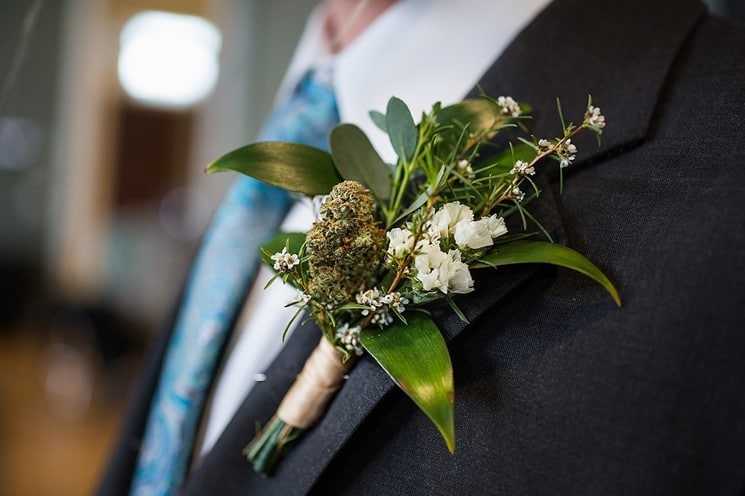Marijuana gained a very vocal opponent in January in Jeff Sessions, the country’s new attorney general. Though Sessions has yet to make good on his word to end legalized cannabis in the U.S., he alludes to it constantly, making a lot of cannabis-industry folks sweat. Sessions isn’t marijuana’s only perceived enemy. Medical marijuana users and growers went on the defensive after Governor John Hickenlooper signed a bill limiting how many plants they could grow.
Marijuana news of 2017 wasn’t all negative, however. A report showed that consolidation in the industry is on the rise, a sign of its prosperity (depending on how you look at things), and Colorado officially deemed PTSD a condition treatable by medical marijuana.
And as of late December, Sessions had yet to touch our marijuana industry. We consider that a win. Keep reading for more of the biggest marijuana stories in Colorado this year.
1. Jeff Sessions!
The attorney general has been the cause of pot entrepreneurs’ nightmares since taking office in January, making remarks and moves to tamp down the rising support for federal cannabis legalization. In April, the governors of Alaska, Colorado, Oregon and Washington sent a letter to Sessions, asking him to respect states’ rights and to consult with state governments operating under the Cole Memo. In June, MassRoots reporter Tom Angell published a letter that Sessions had sent to congressional leadersasking them to undo the Rohrabacher-Farr amendment, which grants federal protections for medical marijuana. Sessions has continued his anti-marijuana crusade, supported by dubious statistics and anecdotal science.
2. The saga of social cannabis consumption continues.
Social marijuana consumption licenses were approved by Denver voters in November 2016, but the drama didn’t really begin until 2017. The city established a committee to implement the new initiative, and the fights took off from there. Location restrictions, required ventilation, neighborhood-association approval, and dual consumption of pot and alcohol were just some of the contentious points brought up during committee meetings. Rules were finalized in June, and the city began accepting applications in August. However, proponents of the initiative say those rules don’t reflect its intent, and they charge that location restrictions will kill the program’s chances of succeeding. As of December, the city had received only one application for a social consumption permit.
credit:westword.com













